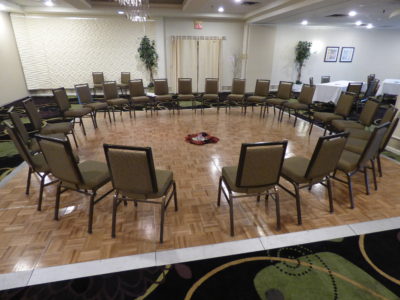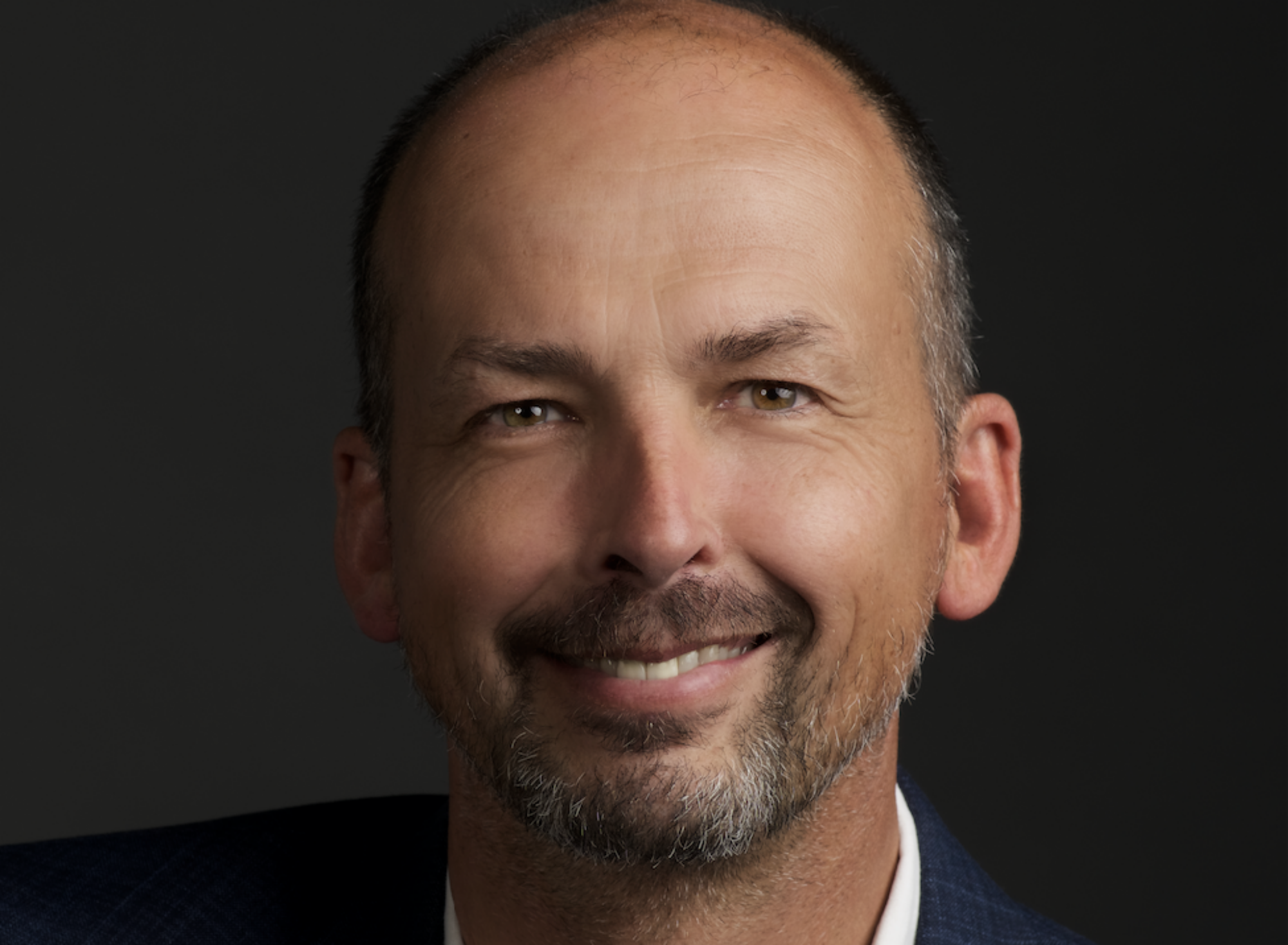Below is excerpt from an article I wrote this week. It’s about reclaiming wisdom and process methodology that goes with it. Enjoy.

I want it to feel more normal to gather in circle.
By normal, I mean expected. Anticipated. I mean, the norm, what we know instinctively to do. And by where this would happen, I mean almost everywhere. In project team meetings. I mean, in government committees. I mean, in every form of staff meeting. I want circle to be met less with a groan and a derogatory Kum ba yah reference — did you know that “Kum ba ya” was originally a spiritual song invoking God to help those in need, literally, “come by here.” I’m glad to see that, in an increasing number and range of places, circle is a key practice methodology of leadership. It’s not the only way to meet. It’s just often one of the most important ways to meet to be smarter together, and more honest, and to help those in need, including ourselves.
I want it to feel really weird to not gather in circle.
By weird, I mean being in a meeting that doesn’t begin with some gesture of hello. Some genuine acknowledgement of meeting for a specific purpose, and that requires full attention with one another. Not just plowing into the agenda, or the solutions being sold rather than the problems and opportunities being explored. Not just racing to get done as fast as possible, so as to move on to another plateful of additional meetings. That’s weird, right. Isn’t there some part of all of us that has us girdering resolve, rolling our eyes figuratively and literally, to get through these formats.
Contemporary culture is searching, increasingly so, for more meaning and wisdom together. Desperately. I believe this and see it with so many that I work with. Yet, so often, it is our own habituated behavior and thought, doing more of the same, that blocks us, impedes us, and renders simple alternatives unimaginable.
The Circle Way, from my now 20+ years of experience, helps to remove the weird and replace it with “wyrd.” In old English, “wyrd,” from which the word “weird” has evolved, had a very different meaning and usage. It had connotation of being able to see “an invisible connection in all things,” or to see “the thin lines between the lands of the living and the ancestors.” Wyrd, was a word that connoted wisdom. “Weird” in contemporary use, is far from that. Not listening well together in today’s meeting culture is weird. Use of The Circle Way, well, that is really word…

